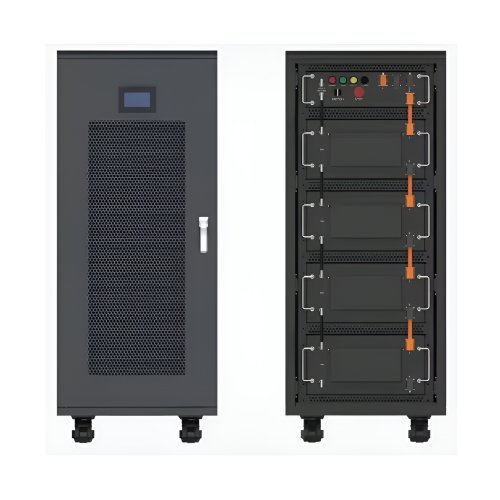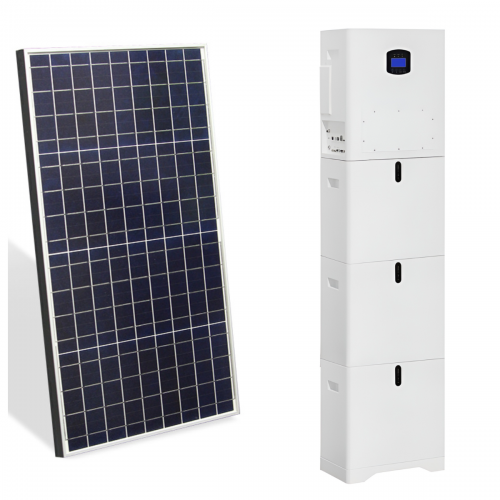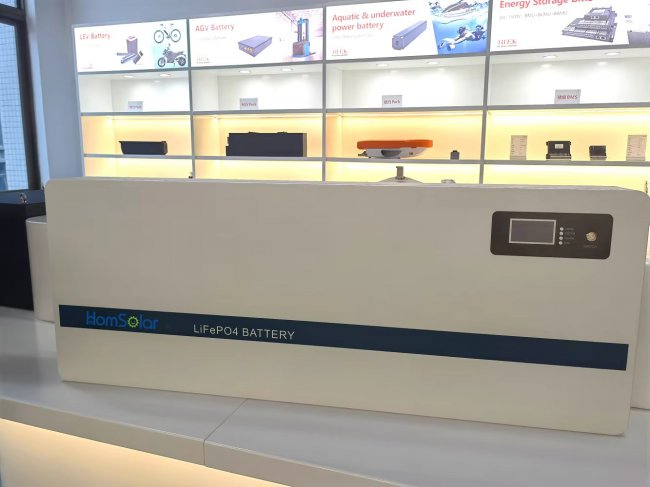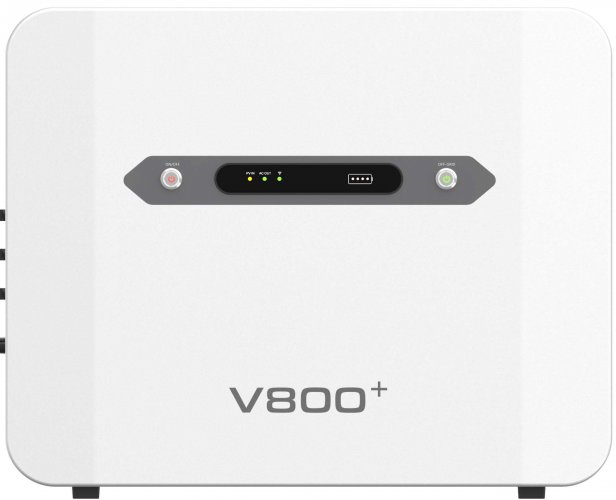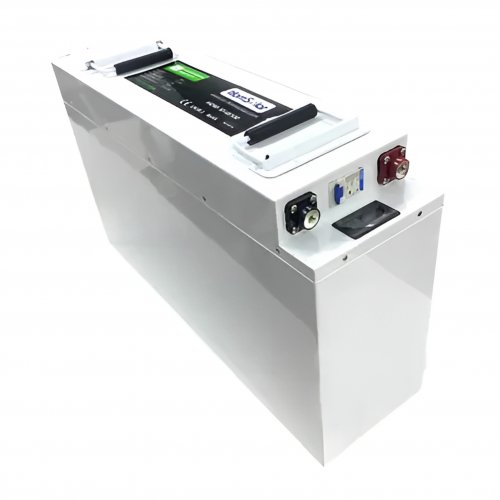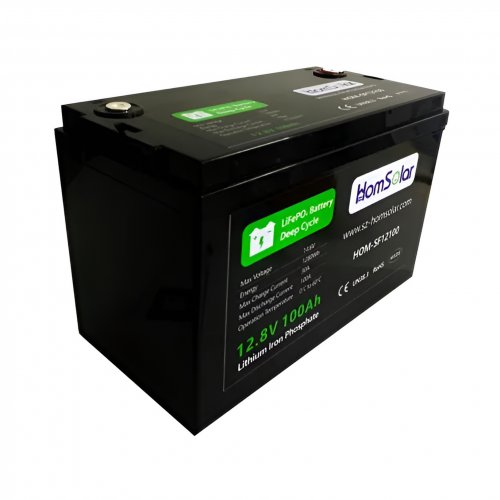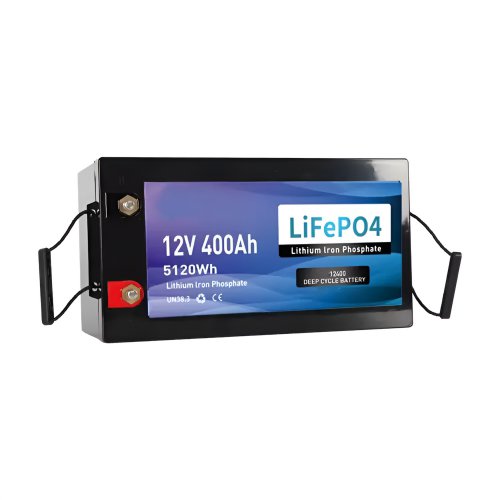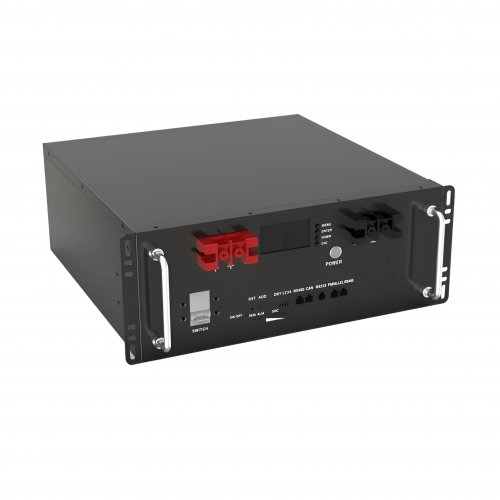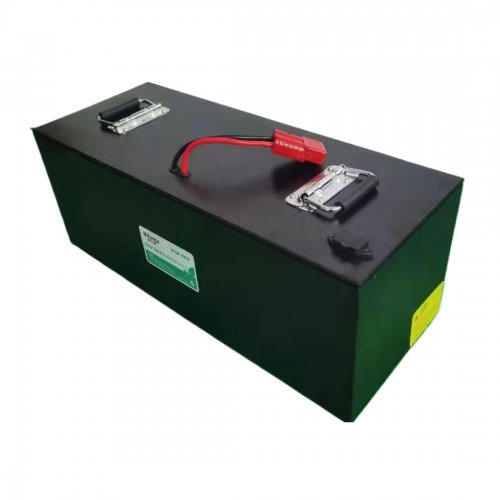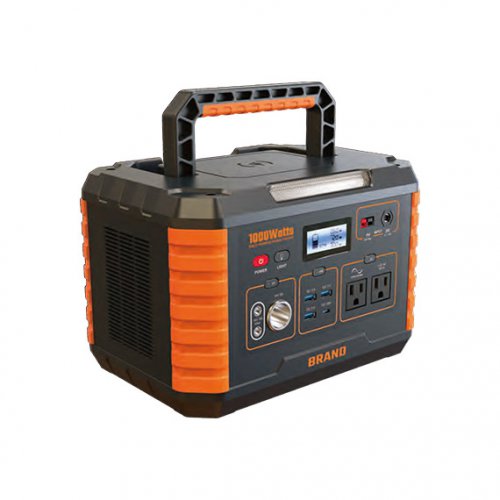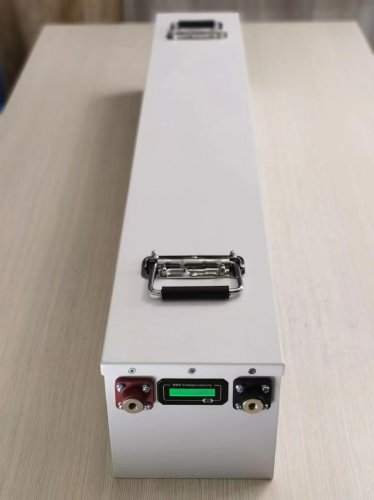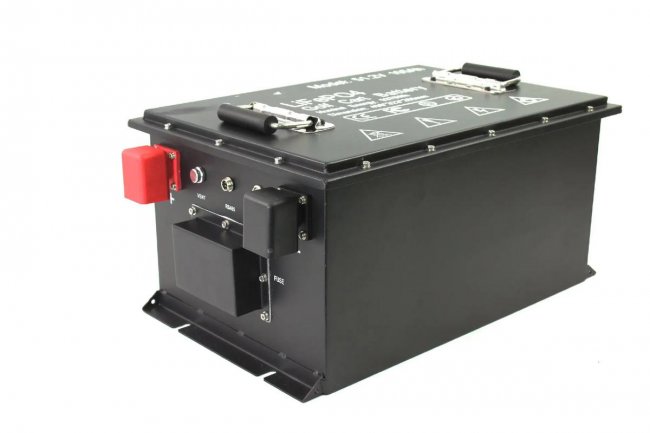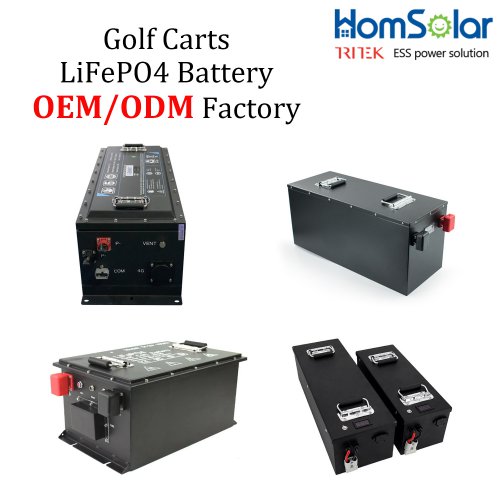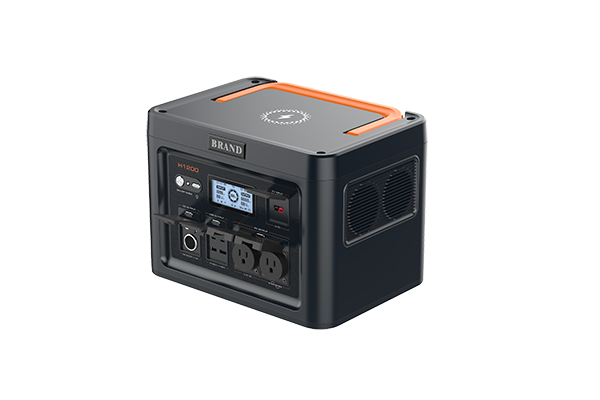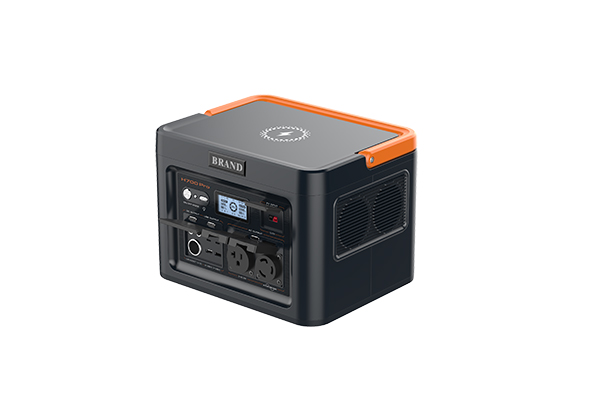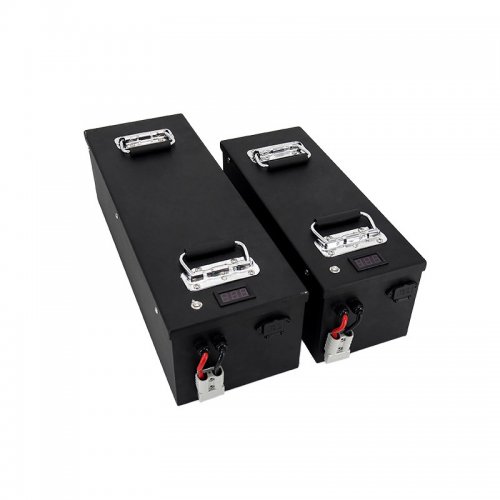Battery Safety News: Emerging Technologies And Regulatory Shifts Reshape Industry Standards
The global push toward electrification has placed battery safety at the forefront of technological and regulatory discussions. With the rapid adoption of electric vehicles (EVs), energy storage systems, and portable electronics, ensuring the reliability and safety of batteries has become a critical priority for manufacturers, policymakers, and consumers alike. Recent advancements in materials science, coupled with stricter safety standards, are driving significant changes in the industry.
In 2024, several high-profile incidents involving battery fires in EVs and consumer electronics have reignited debates over safety protocols. Notably, the U.S. National Highway Traffic Safety Administration (NHTSA) announced stricter testing requirements for lithium-ion batteries in EVs, mandating enhanced thermal runaway prevention measures. Similarly, the European Union’s updated Battery Regulation (2023/1542) now enforces stricter recycling and safety documentation for all batteries sold within the bloc.
Meanwhile, startups and established players are racing to develop safer battery chemistries. Solid-state batteries, long touted as a safer alternative to conventional lithium-ion due to their non-flammable electrolytes, are inching closer to commercialization. Toyota recently announced plans to mass-produce solid-state batteries by 2027, while QuantumScape reported progress in overcoming durability challenges in its prototypes.
1. Advanced Battery Management Systems (BMS): Modern BMS now incorporate AI-driven predictive analytics to detect early signs of battery degradation or overheating. Companies like Tesla and LG Energy Solution are integrating real-time monitoring systems that can alert users and automatically initiate cooling protocols before thermal runaway occurs.
2. Alternative Chemistries Gain Traction: Sodium-ion and lithium-iron-phosphate (LFP) batteries are gaining popularity due to their lower risk of thermal events compared to nickel-based lithium-ion batteries. CATL and BYD have heavily invested in LFP production, with industry analysts predicting these chemistries will dominate the energy storage sector by 2030.
3. Recycling and Second-Life Applications: As sustainability concerns grow, repurposing used EV batteries for grid storage is becoming a key focus. However, safety risks from degraded cells remain a challenge. Startups like Redwood Materials are developing advanced sorting and testing processes to ensure second-life batteries meet safety standards.
Dr. Elena Rodriguez, a battery safety researcher at MIT, emphasizes that while new technologies show promise, scalability remains an obstacle."Solid-state batteries could revolutionize safety, but manufacturing them at scale without defects is still a hurdle. In the short term, improving existing lithium-ion systems with better thermal management is crucial,"she notes.
Industry consultant Mark Thompson highlights regulatory fragmentation as a concern."Different regions have varying safety standards, which complicates global supply chains. Harmonizing these regulations would accelerate innovation while maintaining safety,"he argues.
Meanwhile, fire safety experts warn that first responders need better training to handle battery-related incidents."Lithium-ion fires require specific extinguishing agents, and traditional methods can exacerbate the situation,"says David Chen of the International Association of Fire Chiefs.
As battery technology evolves, so too must safety measures. While breakthroughs in solid-state and alternative chemistries offer long-term solutions, immediate improvements in monitoring, manufacturing, and regulation are essential to mitigate risks. With governments and corporations increasingly prioritizing safety, the coming years will likely see a more standardized, data-driven approach to battery reliability—ensuring that the energy transition does not come at the cost of consumer trust.
The battery industry stands at a crossroads, where innovation and caution must go hand in hand. Stakeholders who proactively address safety concerns today will be best positioned to lead the market tomorrow.
Customized/OEM/ODM Service
HomSolar Supports Lifepo4 battery pack customization/OEM/ODM service, welcome to contact us and tell us your needs.


HomSolar: Your One-stop LiFePO4 Battery Pack & ESS Solution Manufacturer
Our line of LiFePO4 (LFP) batteries offer a solution to demanding applications that require a lighter weight, longer life, and higher capacity battery. Features include advanced battery management systems (BMS), Bluetooth® communication and active intelligent monitoring.

Customised Lithium Iron Phosphate Battery Casing
ABS plastic housing, aluminium housing, stainless steel housing and iron housing are available, and can also be designed and customised according to your needs.

HomSolar Smart BMS
Intelligent Battery Management System for HomSolar Energy Storage System. Bluetooth, temperature sensor, LCD display, CAN interface, UART interface also available.


Terminals & Plugs Can Be Customized
A wide range of terminals and plugs can be customised to suit the application needs of your battery products.

Well-designed Solutions for Energy Storage Systems
We will design the perfect energy storage system solution according to your needs, so that you can easily solve the specific industry applications of battery products.



About Our Battery Cells
Our energy storage system products use brand new grade A LiFePO4 cells with a battery lifespan of more than 4,000 charge/discharge cycles.



Applications in Different Industries
We supply customized & OEM battery pack, assemble cells with wiring, fuse and plastic cover, all the cell wires connected to PCB plug or built BMS.
Applications: E-bike, Electric Scooter, Golf Carts, RV, Electric Wheelchair, Electric Tools, Robot Cleaner, Robot Sweeper, Solar Energy Storage System, Emergency Light, Solar Power Light, Medical Equipment, UPS Backup Power Supply.
We can provide you with customized services. We have the ability to provide a vertical supply chain, from single cells to pack/module and to a complete power solution with BMS, etc.


HomSolar (Shenzhen) Technology Co., Ltd







